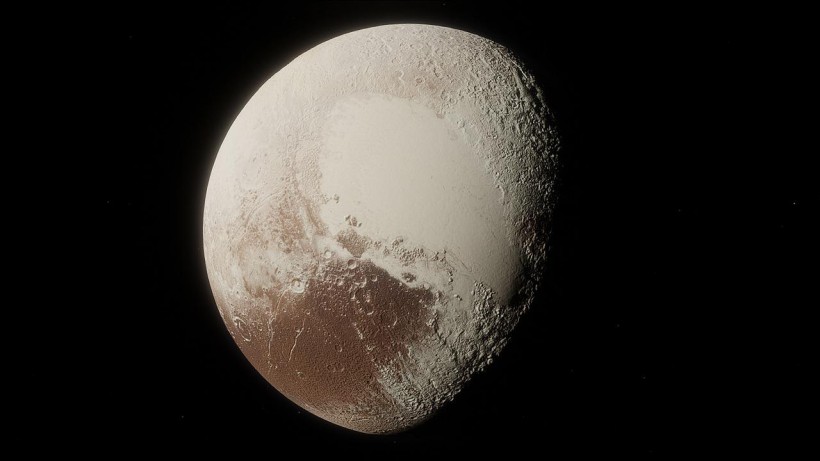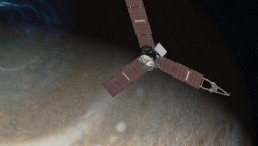It seems it was long ago that Pluto was considered a planet in the Solar System alongside Mercury, Venus, Earth, Mars, Jupiter, Saturn, Uranus, and Neptune. But that all changed in 2006 when the International Astronomical Union (IAU) determined that Pluto did not meet the qualifications of a planet.
Although it is no longer a planet, Pluto is still beloved by many people in the scientific community. Also, many do not accept the decision to demote it and argue why it should be called a planet. So, what made IAU demote Pluto from being a major planet into a dwarf planet?

Why Do Some People Believe Pluto Should Be a Planet? Planetary Experts Argue Against the 2006 Controversial Ruling
History of Pluto and Demotion to Dwarf Planet
According to the Library of Congress (LOC), astronomer Clyde W. Tombaugh discovered Pluto on February 18, 1930, at the Lowell Observatory Flagstaff, Arizona, with contributions from William H. Pickering. That time was considered one of the most intense planet-hunting in astronomy as Pickering was a prolific planet predictor.
Their discovery made headlines worldwide, and the Lowell Observatory received the honor of naming the new object. They received over 1,000 suggestions worldwide, and the name Pluto proposed by the 11-year-old schoolgirl from Oxford, England, named Venetia Burney, was chosen. The name was about the good of the underworld, which is appropriate for such a dark and cold world.
Burney suggested it in a conversation with her librarian grandfather Falconer Madan who passed the name to Professor Herbert Hall Turner, who then passed it to his colleagues in the US. The planet was officially named Pluto on March 24, 1930, and the name was announced on May 1, 1930, wherein Burney received £5 ($5.79 today) as a reward.
But less than a century later, the IAU determined in August 2006 that Pluto is only a "dwarf planet." That means only the rocky worlds in the inner Solar System and the gas giants in the outer Solar System are considered planets. They said that Pluto had not met the qualifications of a planet and was therefore demoted as a dwarf planet.
Dwarf Planets Explained: Is Pluto a Dwarf Planet?
IAU defines a dwarf planet as a celestial body that orbits the Sun, has enough mass to assume a nearly round shape, has not cleared the neighborhood around its orbit, and does not mean the criteria to become a moon, NASA JPL reported.
According to IAU, to be considered a planet, the celestial body must meet three criteria: orbit around the Sun, have sufficient mass to assume a nearly round shape and have cleared the neighborhood around its orbit. However, Pluto only meets two criteria and fails to meet the third one.
National Geographic reports that in all the billions of years that Pluto has existed in the Solar System, it has not managed to clear its neighborhood. Clearing its neighborhood means that the planet has become gravitationally dominant or no other bodies of comparable size other than its satellites in its vicinity.
Due to that, Pluto is considered a dwarf planet that orbits a disc-like zone beyond the orbit of Neptune known as the Kuiper belt, which is populated with frozen bodies left from the Solar System's formation.
But IAU's decision was not unanimously accepted, and some planetary scientists dispute the 2006 vote, Phys.org reported. They argue that the definitions are arbitrary, and in 2018, Philip Metzger from the University of Central Florida published a study disagreeing with the standard of classifying planets.
He argued that the word "planet" is used by planetary scientists in several ways because it is a functionally useful term, adding that a planet should be defined by its intrinsic properties rather than its changing orbit. He pointed out that Pluto is more dynamic and alive than Mars, the only planet with more complex geology after Earth.
RELATED ARTICLE: Scientists Still Consider Pluto A Planet, Identify 150 Planets In The Solar System
Check out more news and information on Pluto in Science Times.














